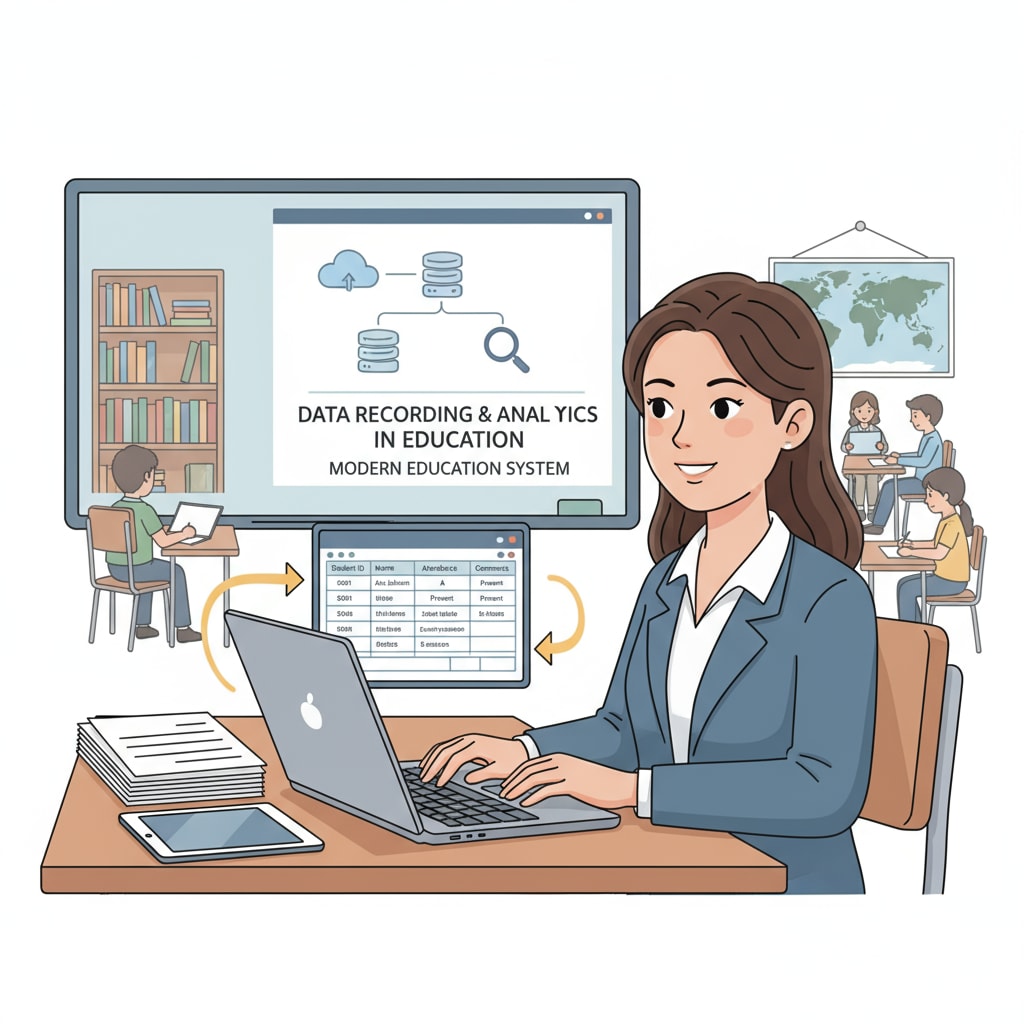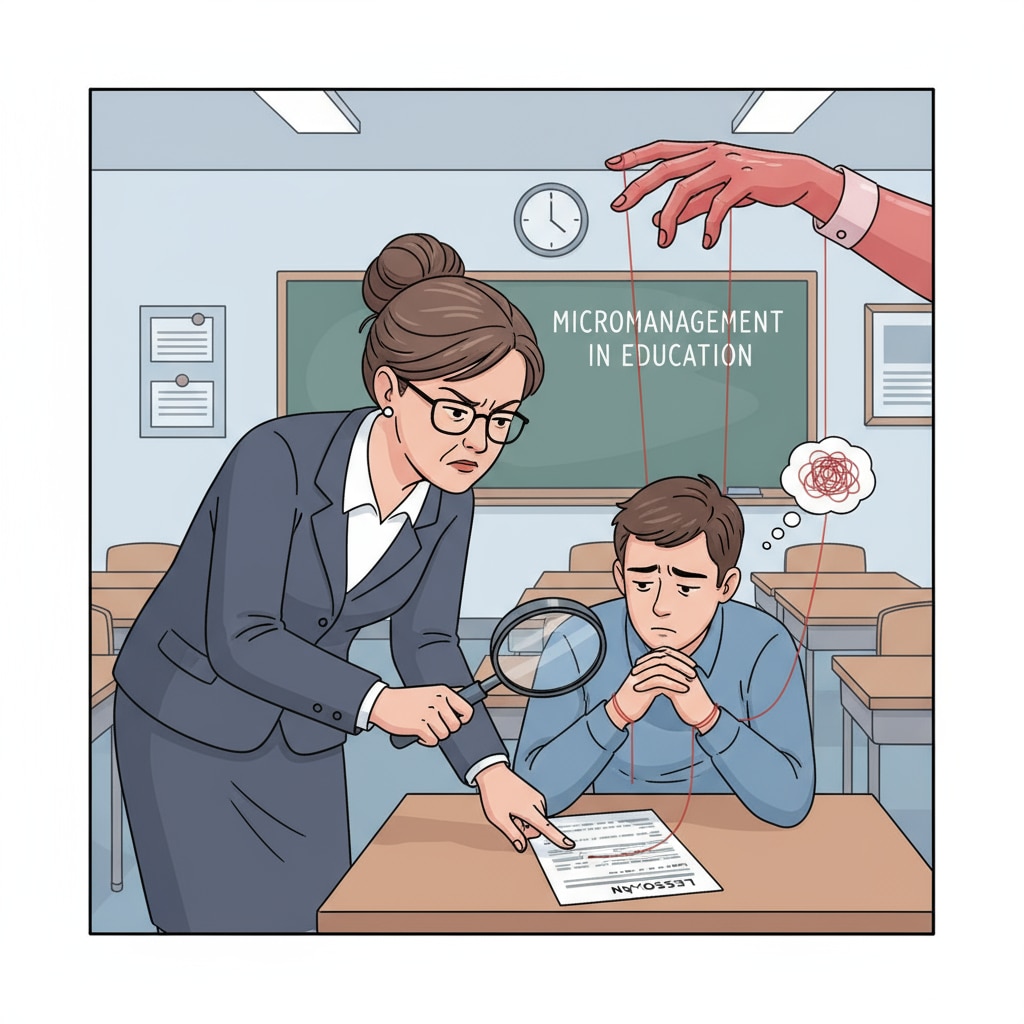In the realm of K12 education, data recording, micromanagement, lesson planning, and administrative supervision are crucial elements that often create a complex web of interactions. The relationship between administrative management and teacher professional autonomy has become a source of tension, which this article aims to explore.
The Impact of Data Recording Requirements
Data recording has become an integral part of modern education. Schools now require teachers to record various aspects of student performance, such as test scores, assignment completion, and classroom participation. While this data can provide valuable insights, it also places an additional burden on teachers. For example, teachers may spend hours inputting data instead of focusing on lesson planning. According to Educational Data Analysis on Education.com, excessive data recording can divert teachers’ attention from their core teaching responsibilities.

The Pitfalls of Micromanagement
Micromanagement in K12 education often restricts teacher autonomy. Administrators may dictate every aspect of a teacher’s lesson plan, from the teaching methods to the materials used. This can stifle creativity and innovation in the classroom. Teachers may feel like they have no room to adapt their teaching to the unique needs of their students. As Micromanagement in Education on TeachThought points out, micromanagement can lead to decreased job satisfaction among teachers.

Administrative supervision also plays a significant role. While it is intended to ensure quality teaching, it can sometimes be overdone. Excessive supervision can make teachers feel constantly under scrutiny, affecting their confidence and performance. However, a balance must be struck. Effective administrative supervision can provide valuable feedback and support to teachers, helping them improve their teaching skills.
Readability guidance: By highlighting these issues, it’s clear that finding a balance between administrative management and teacher autonomy is essential. We need to consider how to reduce the negative impacts of data recording, micromanagement, and excessive administrative supervision while still maintaining educational quality. This involves building a culture of trust within schools. Administrators should trust teachers to make professional decisions regarding lesson planning and classroom management. Additionally, a more balanced approach to supervision should be adopted, one that focuses on support rather than strict control.


